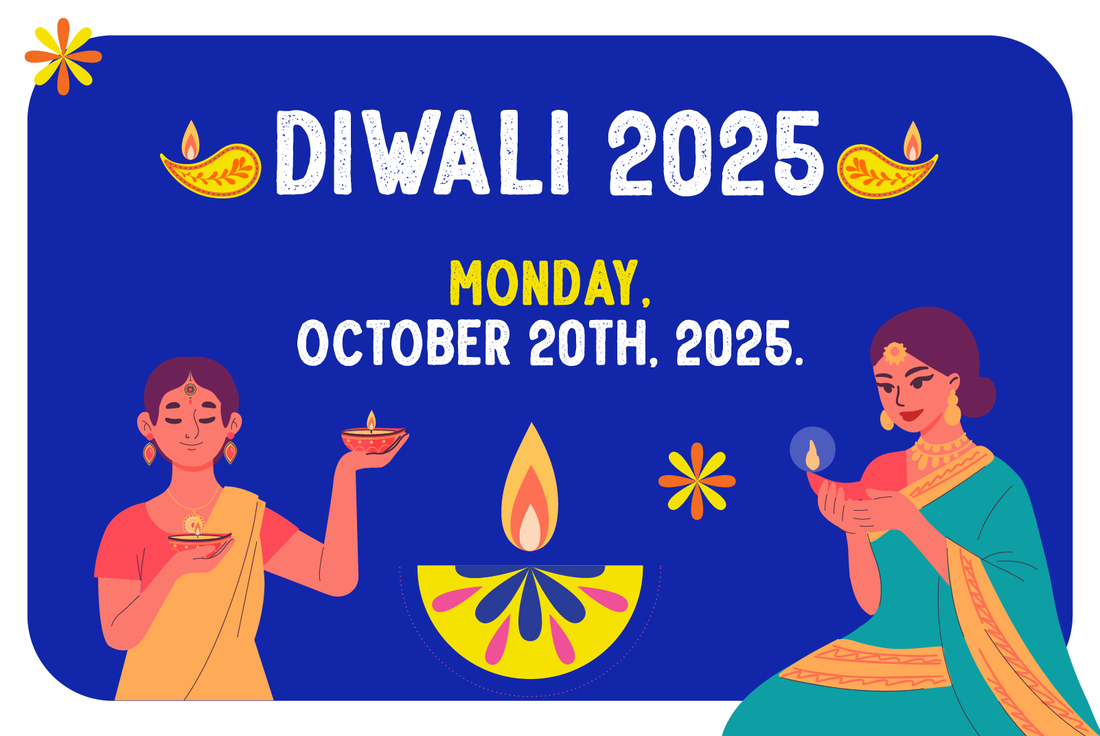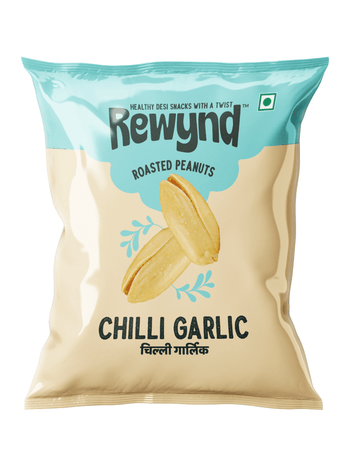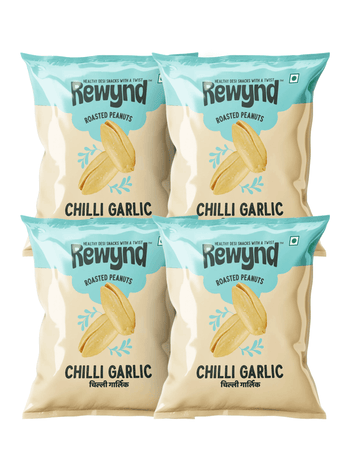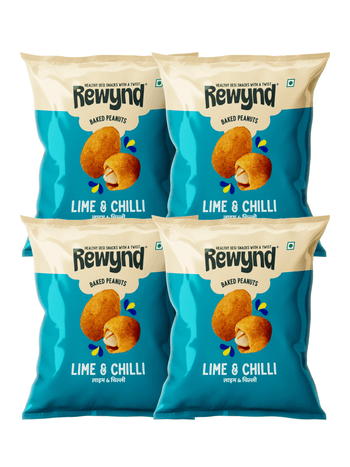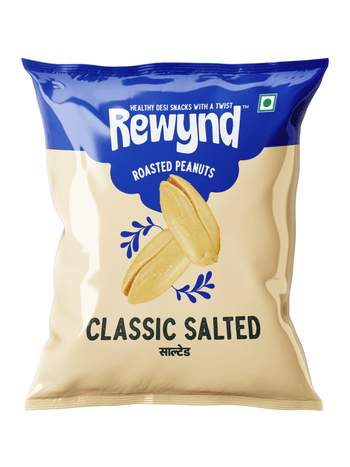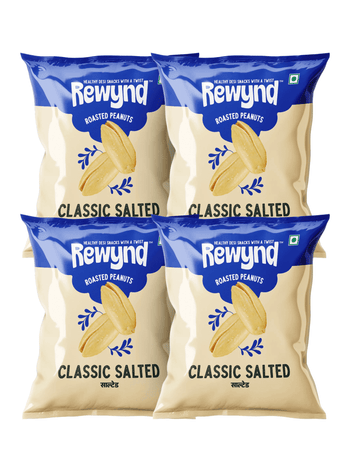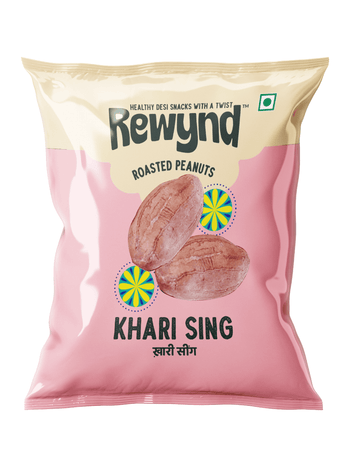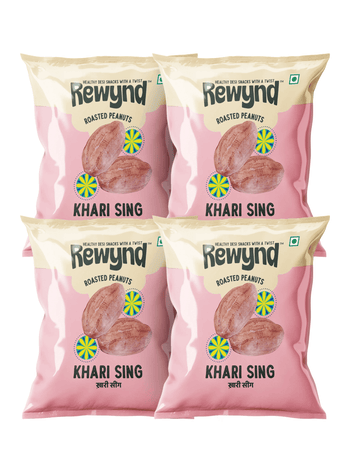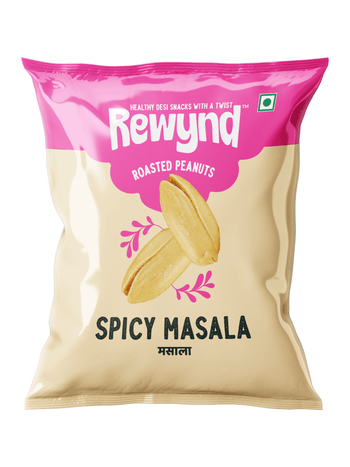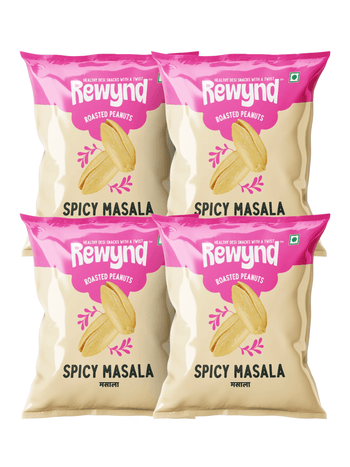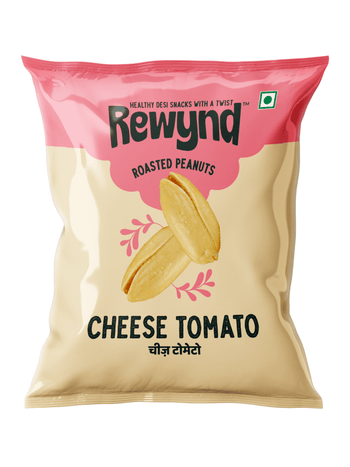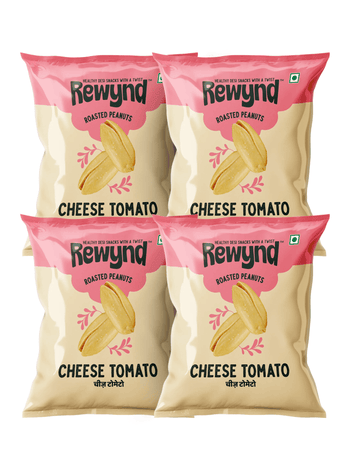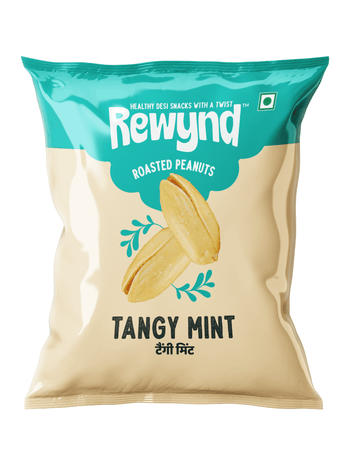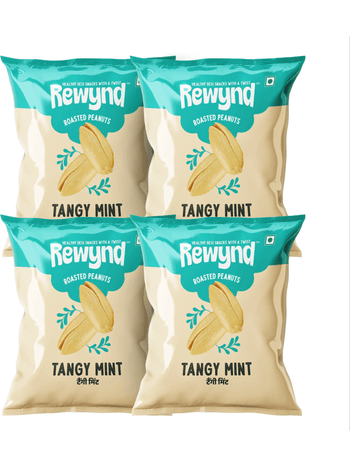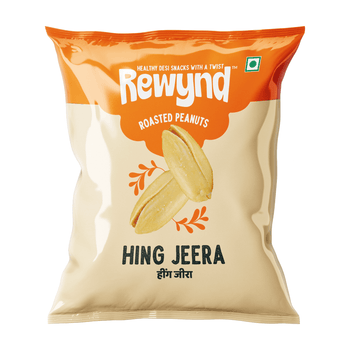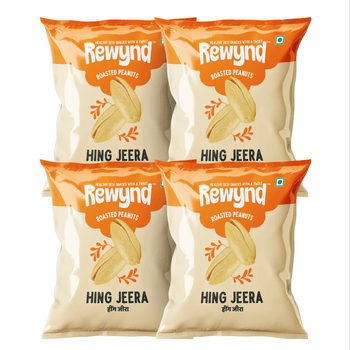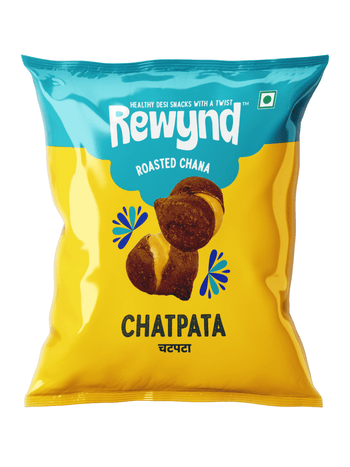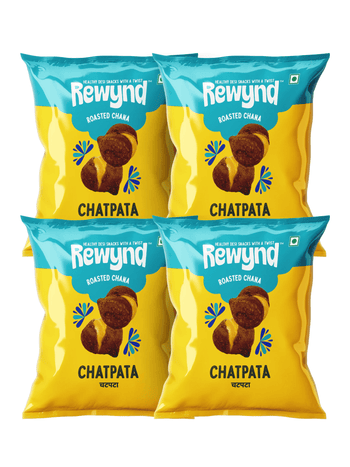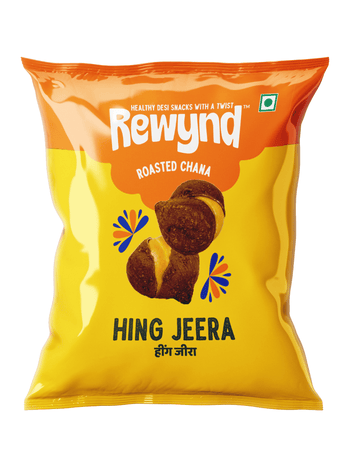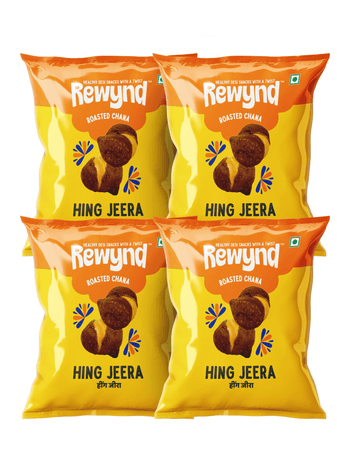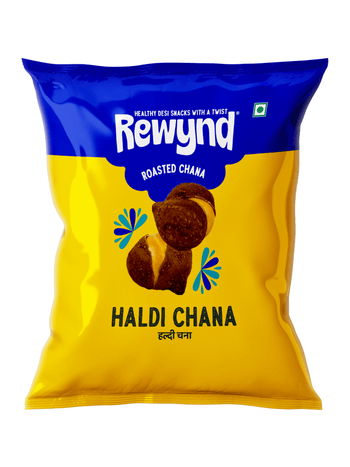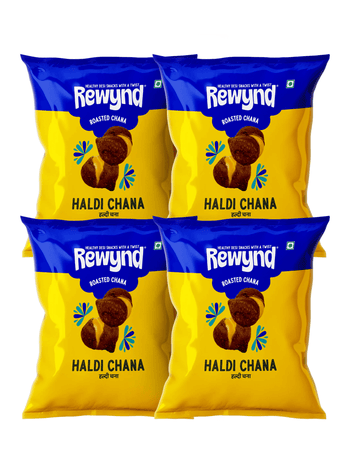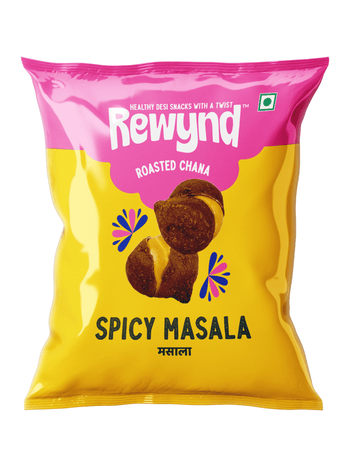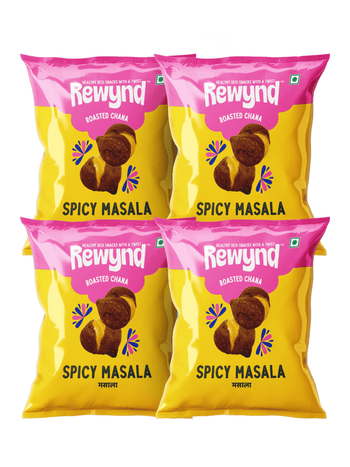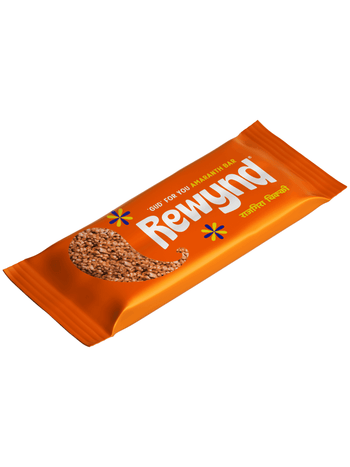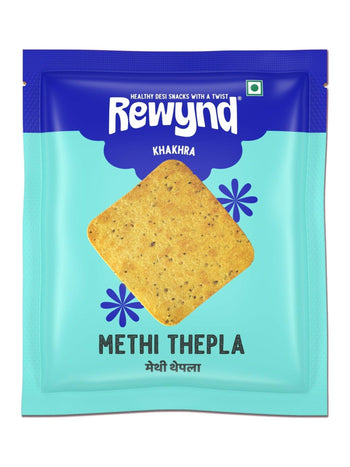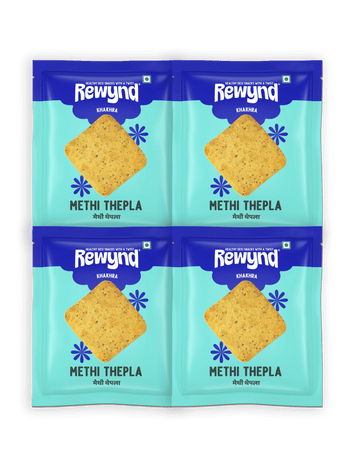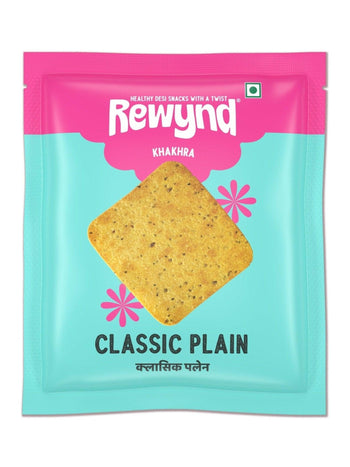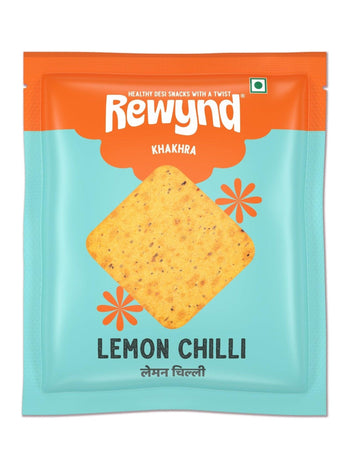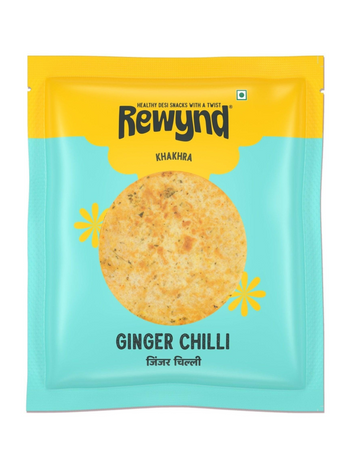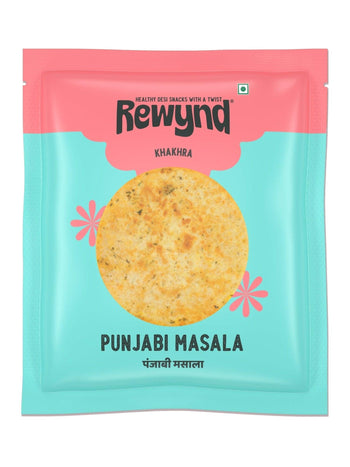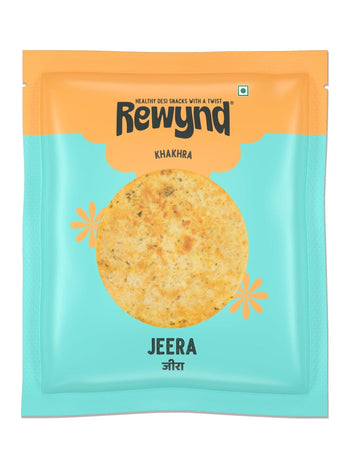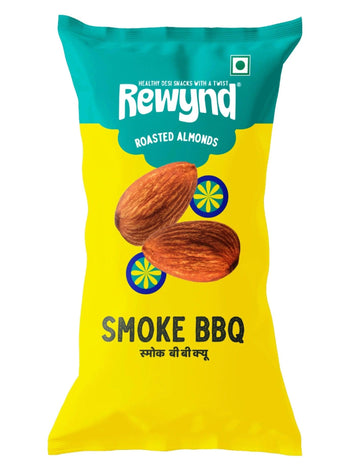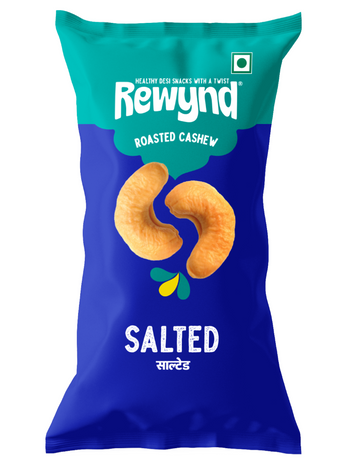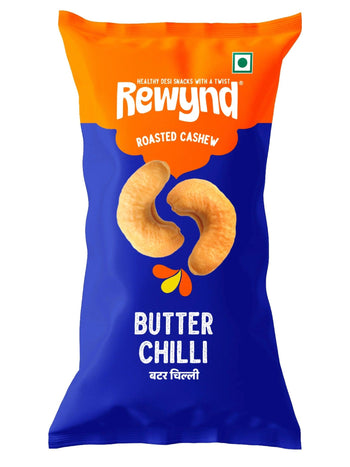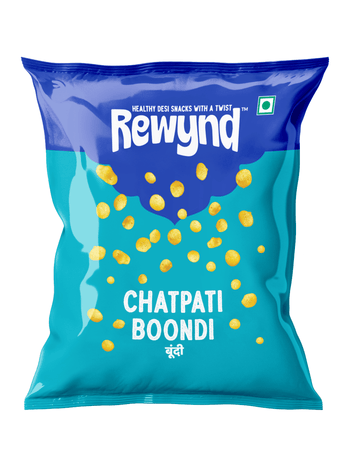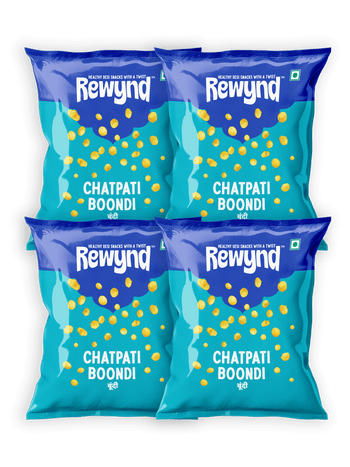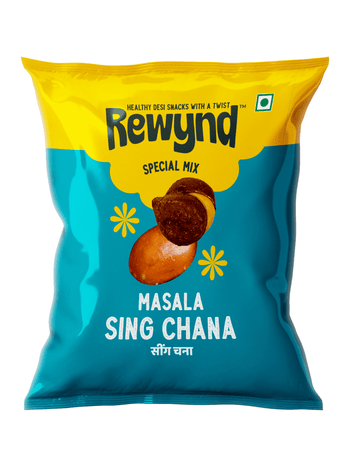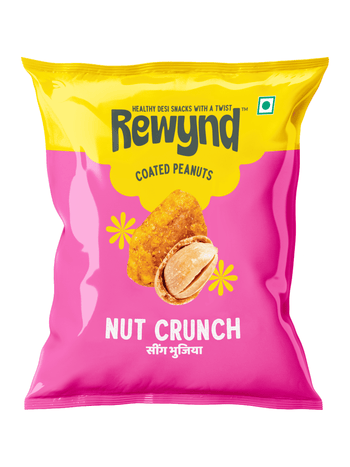Ah, Diwali mornings—do you remember that early morning excitement? Waking up to the distant sounds of firecrackers and the enticing aromas of sweets and flowers. The crisp, misty air signalling new beginnings. Diwali, after all, is a celebration of fresh starts and the triumph of light over darkness.
Diwali 2025 Date
According to the Hindu calendar, Diwali falls on Amavasya (new moon), the 15th day of the month of Kartik. In 2025, Diwali will be celebrated on October 20 & 21, Monday & Tuesday.

History and Significance of Diwali
Diverse Origins of Diwali
One widely known story is that Diwali commemorates Lord Rama's return to Ayodhya after 14 years of exile and his victory over the demon king Ravana, symbolizing the triumph of good over evil. The residents of Ayodhya illuminated the city with rows of diyas to welcome their beloved king.
Another narrative from southern India tells of Lord Krishna's defeat of the demon Narakasura, liberating 16,000 women from captivity. This victory is celebrated as Naraka Chaturdashi, a day before the main Diwali festival.
Additionally, some believe Diwali marks the birth of Goddess Lakshmi, the deity of wealth and prosperity, while others associate it with her marriage to Lord Vishnu.
For Sikhs, Diwali holds significance as Bandi Chhor Divas, marking Guru Hargobind's release from imprisonment. Jains observe Diwali as the anniversary of Lord Mahavira attaining nirvana.
The Five Auspicious Days of Diwali
Diwali is a five-day festival, each day holding its unique significance:
- Dhanteras (October 18, 2025): Dedicated to the worship of Lord Dhanvantari, the god of health, and Goddess Lakshmi. It's considered auspicious to purchase new items, especially gold and utensils, on this day.
- Naraka Chaturdashi/Chhoti Diwali (October 20, 2025): Commemorates Lord Krishna's victory over Narakasura. People take ritualistic oil baths before sunrise and prepare sweets to celebrate.
- Diwali (October 20 & 21, 2025): The main day of festivities. Homes are adorned with rangoli and illuminated with diyas. Families perform Lakshmi Puja, seeking the goddess's blessings for prosperity, followed by feasts and fireworks. Diwali pooja muhurta starts from October 20 at 03:44 pm to October 21 at 05:54pm.
- Govardhan Puja (October 22, 2025): Celebrates Lord Krishna's act of lifting the Govardhan Hill to protect villagers from torrential rains. Devotees prepare and offer a variety of vegetarian dishes, symbolizing the 'Annakut' (mountain of food).
- Bhai Dooj (October 23, 2025): A day honouring the bond between brothers and sisters. Sisters perform aarti for their brothers and apply a ceremonial tilak on their foreheads, praying for their well-being, while brothers give gifts in return.
Healthy Diwali Snacks
While Diwali is synonymous with indulgent treats, enjoying the festivities without compromising on health is possible. Here are some nutritious snack options:
- Dried Fruits and Nuts: Rich in nutrients, they offer a satisfying crunch and are a staple during Diwali.
- Roasted Peanuts: A protein-packed snack that's both flavorful and filling.
- Chikkis: Traditional Indian sweets made from jaggery and nuts provide natural sweetness and energy boost.
At Rewynd Snacks, we understand the balance between taste and health. Explore our range of wholesome snacks to add a nutritious twist to your Diwali celebrations.
Conclusion
As you prepare for Diwali 2025—shopping for new clothes, decorating your home with lights and rangoli, and anticipating reunions with loved ones—remember to embrace the essence of the festival: the victory of light over darkness, knowledge over ignorance, and good over evil.
While we can't turn back time, we can help you relive cherished memories with Rewynd Snacks. Relish, remember, and rewind, one scrumptious bite at a time.
May this festival bring you and your family joy, prosperity, and health. Celebrate responsibly and create unforgettable moments with those you hold dear.
